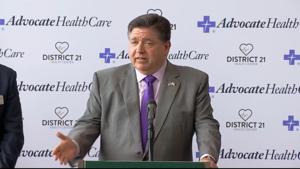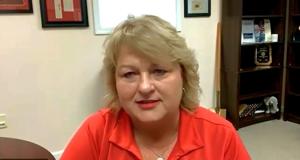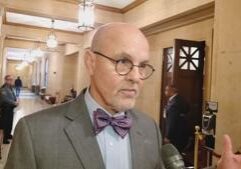
Soaring utility bills, solar federal tax credit cuts dominate Illinois energy debate
(The Center Square) – Energy prices and clean energy policy took center stage during a senate energy and public utilities committee hearing as lawmakers sparred over rising summer energy bills and the future of Illinois’ energy mix.
State Rep. Brad Halbrook, R-Shelbyville, and Freedom Caucus Chairman Rep. Chris Miller, R-Oakland, published a video Friday blasting Democrats for calling the hearing without consulting GOP House members.
“We’ve pushed for this since the first of May,” Halbrook said, noting that House Republicans requested joint hearings with energy experts on the issue of rising rates but were ignored. “Homeowners, renters, and businesses all across the state are facing double and triple-digit increases in their electric rates. This is the greatest issue of our time”
Halbrook warned the debate is only beginning. “We think this [Monday’s hearing] should be a joint House and Senate hearing with all the experts at the table,” Halbrook said. “The people of Illinois deserve real answers, not green energy talking points.”
At Monday’s hearing, business owners in the solar industry described how federal tax credit changes have rattled the market. Lisa Albrecht said that her company, All Bright Solar, has seen consumer confidence collapse amid uncertainty.
“In 17 years, I’ve never had a cancellation, until this morning, from someone who had just agreed on Friday to go solar,” said Albrecht “That shows how much uncertainty there is in the market right now, which makes it difficult for us to plan ahead. Do we invest in new equipment, trucks, and staff, or do we hold back? I’m grateful to be in Illinois, where there is legislative support for a clean energy economy, but this is still a very challenging market to operate in.”
Andrew Linhares, the Solar Energy Industries Association’s senior manager for the Central Region, said the loss of federal tax credits for residential and commercial solar projects will stall development and raise costs for Illinois consumers already facing higher utility bills.
“In July, HR1, what some called the ‘One Big Beautiful Bill’, was signed into law, and it eliminates two key tax credits, 25D and 48E. Those credits help offset the cost of installing solar and other clean energy technologies,” said Linhares. “The law also creates new restrictions on products from foreign entities of concern, most notably China, and that’s where a lot of our concern lies.”
In a Friday video, Miller blamed the Biden administration and Gov. J.B. Pritzker’s “climate agenda” for driving up costs.
“This whole mess has been brought to you by the Biden, Harris, J.B. Pritzker regime that has set out to destroy Illinois and America with this green energy scam,” Miller gestured to the Cooks Mill Solar Project in Coles County, Illinois. “If you look around at these solar panels, they’re covering Class A farm ground, food-producing farm ground, some of the greatest, some of the best farm ground that’s ever been created by our good Lord.”
State Sen. Dave Koehler, D-Peoria, defended Illinois’ clean energy policies, citing his own household as an example of the potential benefits. Koehler told the Senate Energy and Public Utilities Committee that his family’s utility bill in July was just $58 after installing solar panels and a high-efficiency heat pump.
“We had banked a number of solar credits because we didn’t use air conditioning or heat in May. Even with the added costs of building a carport and replacing the roof on the back of our house, this investment will pay off within 10 years,” said Koehler. “ We are short-sighted if we don’t do everything possible to help individuals lower their energy costs. I’m convinced this was absolutely the right thing to do, and it’s already paying off.”
But Republicans expressed skepticism that solar alone can address Illinois’ current energy challenges. State Sen. Terri Bryant, R-Murphysboro, the committee’s minority spokesperson, noted that solar contributes only a fraction of the state’s energy supply.
“Solar’s, on the best day, only about 14% of our energy portfolio,” Bryant said. “I understand that the industry is suffering right now because subsidies have been pulled back. But right now, at this minute, I’m not sure that solar impacts what today’s problem is.”
Bryant urged lawmakers to focus on solutions that provide immediate relief to consumers grappling with rising bills this summer.
Industry representatives argued solar remains the cheapest and fastest way to add power to the grid.
“These are the least-cost and best-suited technologies for the moment, with or without federal tax credits,” said Linhares.
Latest News Stories
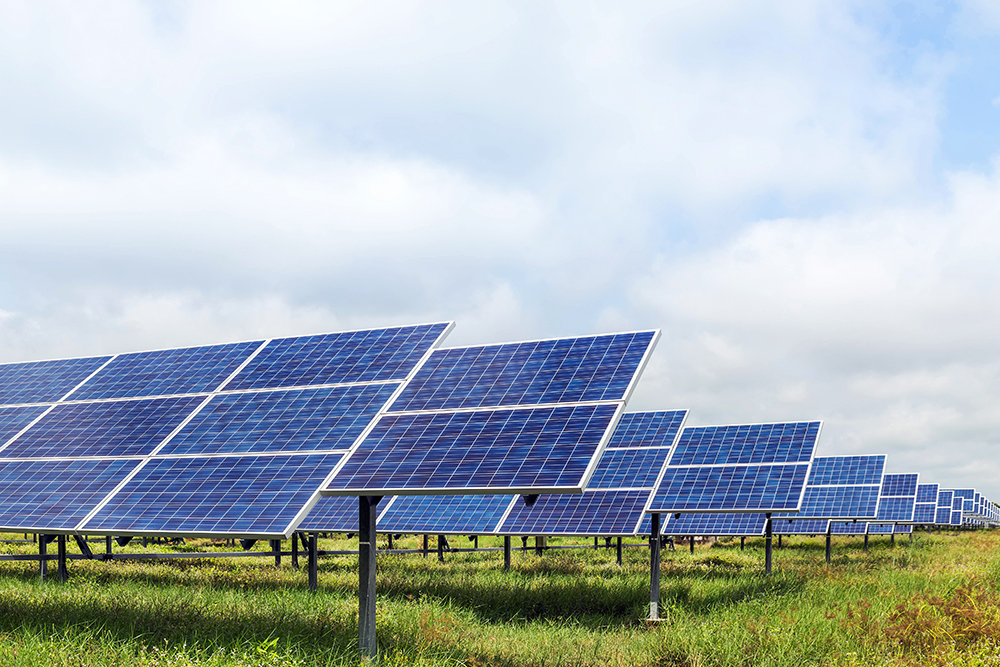
“Federal Policy Uncertainty” Blamed for Delay of Peotone Solar Farm; County Grants Second Extension

Will County Grants Extensions to Five Solar Projects Sold to New Developers
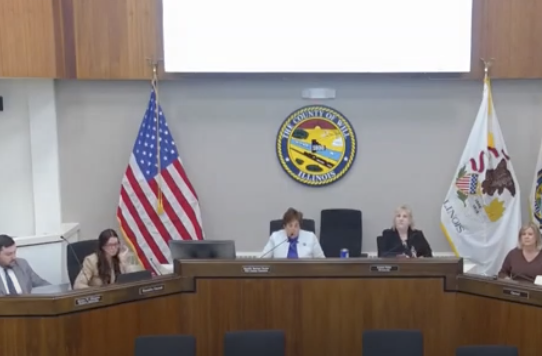
Will County Board Approves Controversial Drug Recovery Retreat in Crete Township

Meeting Summary and Briefs: Mokena Village Board for September 15, 2025
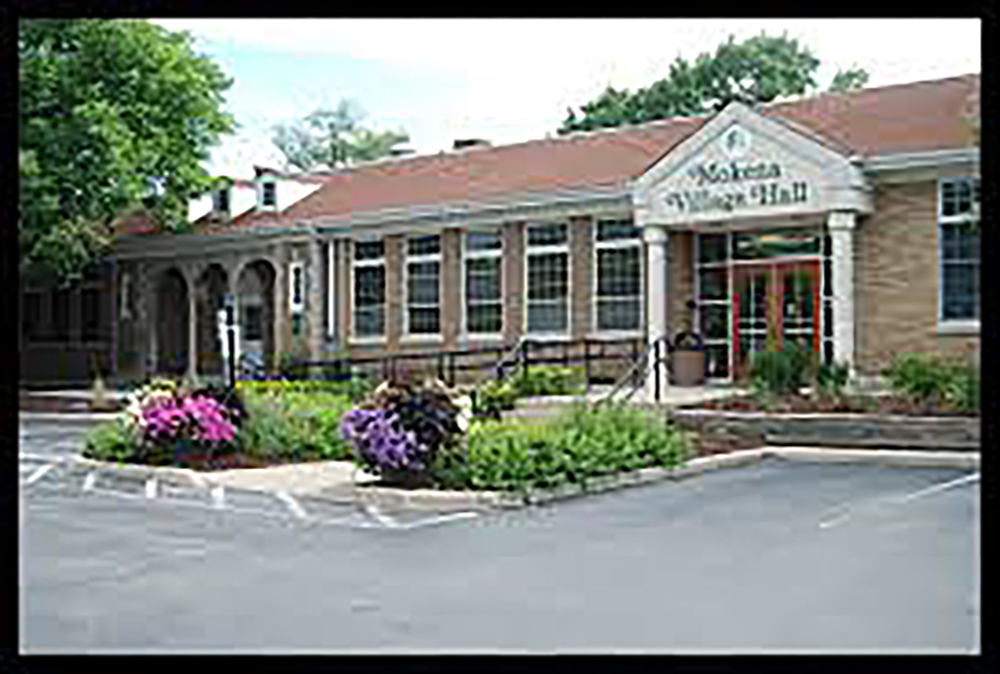
Mokena Board Approves Final Plat for 50-Home Boulder Ridge Phase IV Subdivision

Meeting Summary and Briefs: Mokena Village Board for September 8, 2025

Mokena Board Greenlights Boulder Ridge Development Settlement

Mokena Appoints Jacob Hazek as New Village Arborist

Mokena Awards Nearly $300,000 in Contracts for Road Maintenance and Project Oversight
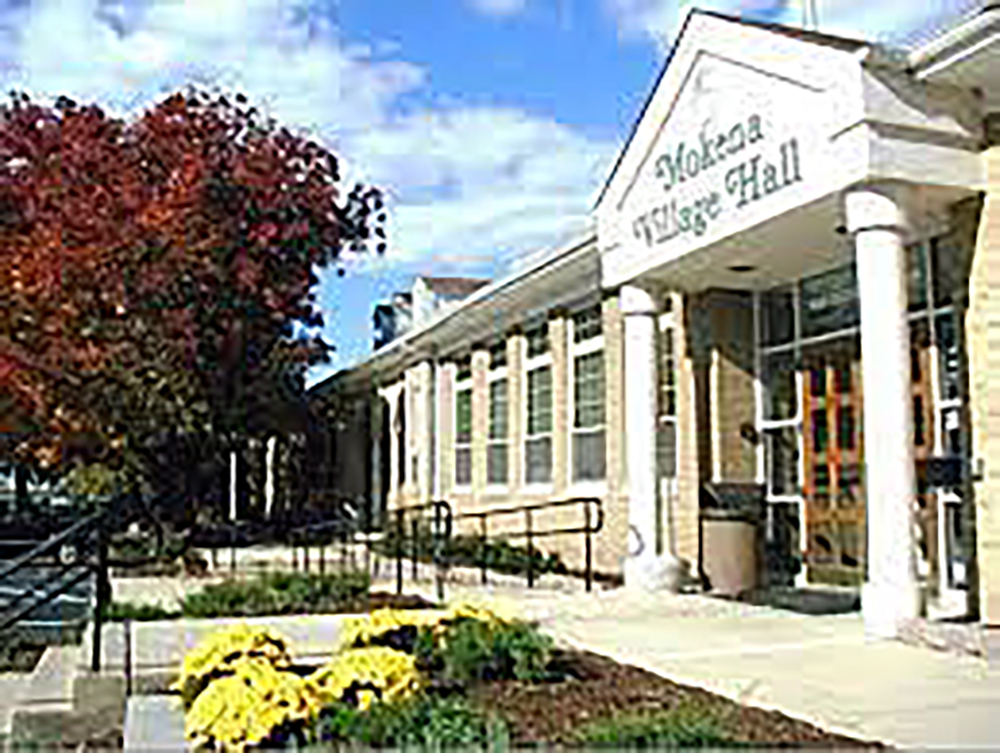
Mokena Board Approves Sweeping Increases to Police Ticket Fines

‘Glaring failure:’ lawmaker accuses Meta of failing to make AI chatbots kid-safe

Supreme Court allows ICE to factor race, workplace into L.A. raids
